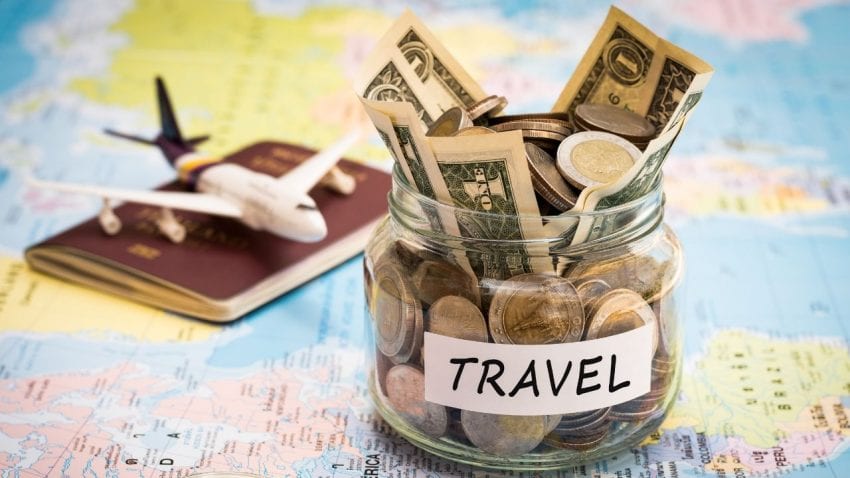It’s that time of year where we all lament how quickly summer came and went. As we come to terms with the shortened daylight and the cooler temperatures, it’s time to look forward to that busy time near the end of the year: the holidays. Before you know it, there’ll be Thanksgiving, the holidays, and all the travel that comes with this busy time of year.
For those who are on a budget, making money-savvy decisions when it comes to your upcoming travel can be make or break. That’s why this article is going to cover the smartest and most effective ways to plan for travel while keeping costs low. Eager to learn more? Go ahead and check this out by clicking on the link, it will take you to a great financial resource that can help you plan your finances and get a little extra helping hand when needed.

The “Secret Formula” Doesn’t Exist
One rule of thumb to bear in mind when comparing different travel options and their associated prices: if it seems too good to be true, then it probably is. There isn’t any secret trick or formula that you can use to get top secret deals on travel costs, unfortunately. But there are some general pricing trends and travel resources that can be used to get good deals. Read on.
When’s the Right Time to Book?
Like we mentioned, there is sadly no precise date or time that will always give you the lowest airfare. Still, some data suggests that there are a few reliable guidelines that you can follow in when booking travel in order to keep costs low, though it all depends on your destination:
- Book your flight about 3-5 weeks in advance for domestic flights in Canada.
- If you’re flying overseas, you should book much earlier; buy your tickets 11 months in advance to get the lowest average prices.
- Book flights between Canada and the US about 8 months ahead of time.

Use the Right Credit Card
If you’re traveling internationally, make sure that the card you are using won’t end up costing you in foreign transaction fees. Certain airlines and railways only allow you to pay in the local currency, particularly the low-cost ones. Keep an eye on your credit card if it’s Canada. There’s a good chance that it charges foreign transaction fees that can be as high as 2.5%. It can be easy to miss, since it’s part of the exchange rate you see on your credit card statement, but it makes using your card considerably more expensive.
Travel Off-Season Where You Can
The most expensive times to travel are obviously the busiest times to travel, when more people have time off. July and August lead the way in high prices. You can usually find cheaper tickets if you go in the spring (April and May) or fall (September and October). Off-season travel can be a golden ticket when it comes to saving money on getting around.

When booking your travel, keep in mind local factors that might make your destination especially popular. In Japan, the cherry blossom season will make it much tougher to find cheap airfare or accommodations, while spring break can make a trip to the Caribbean or a resort in Mexico much more expensive. Going in the off-season also means that there will be fewer other tourists around. You can cut down on wait times for attractions and avoid the crowds.









